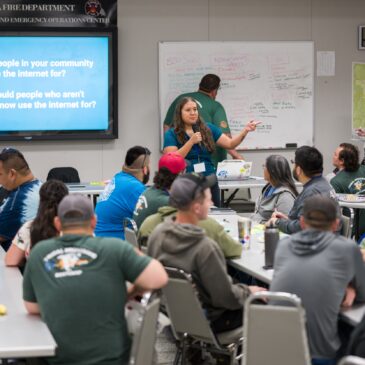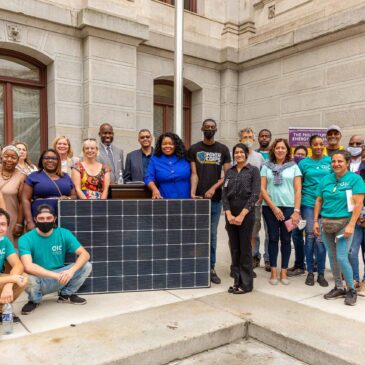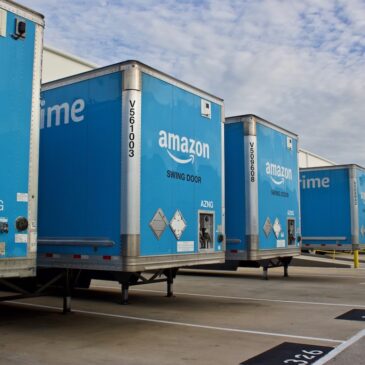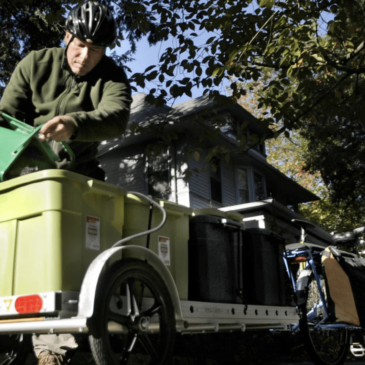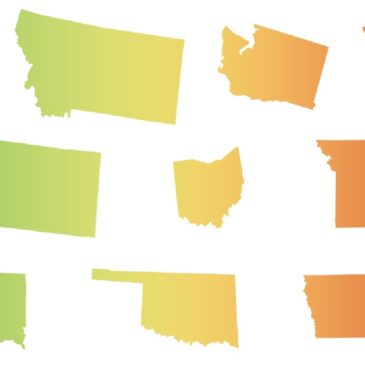ILSR’s 2023 Annual Report
Our 2023 annual report highlights the work we’ve done — through on-the-ground technical assistance, in-depth research and analysis, and coalition building with grassroots organizations — to instill racial and economic justice throughout our economy and empower local communities. … Read More



